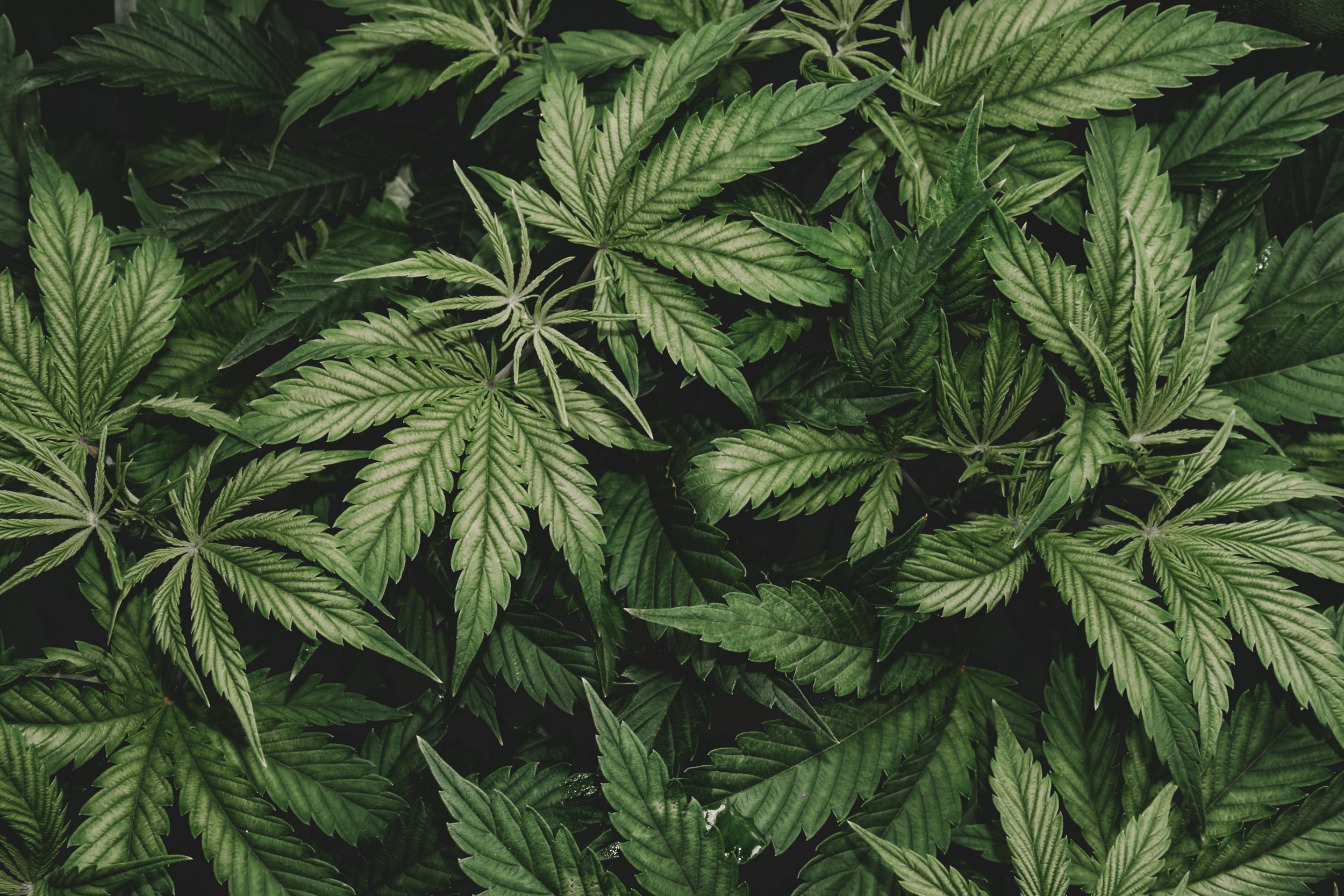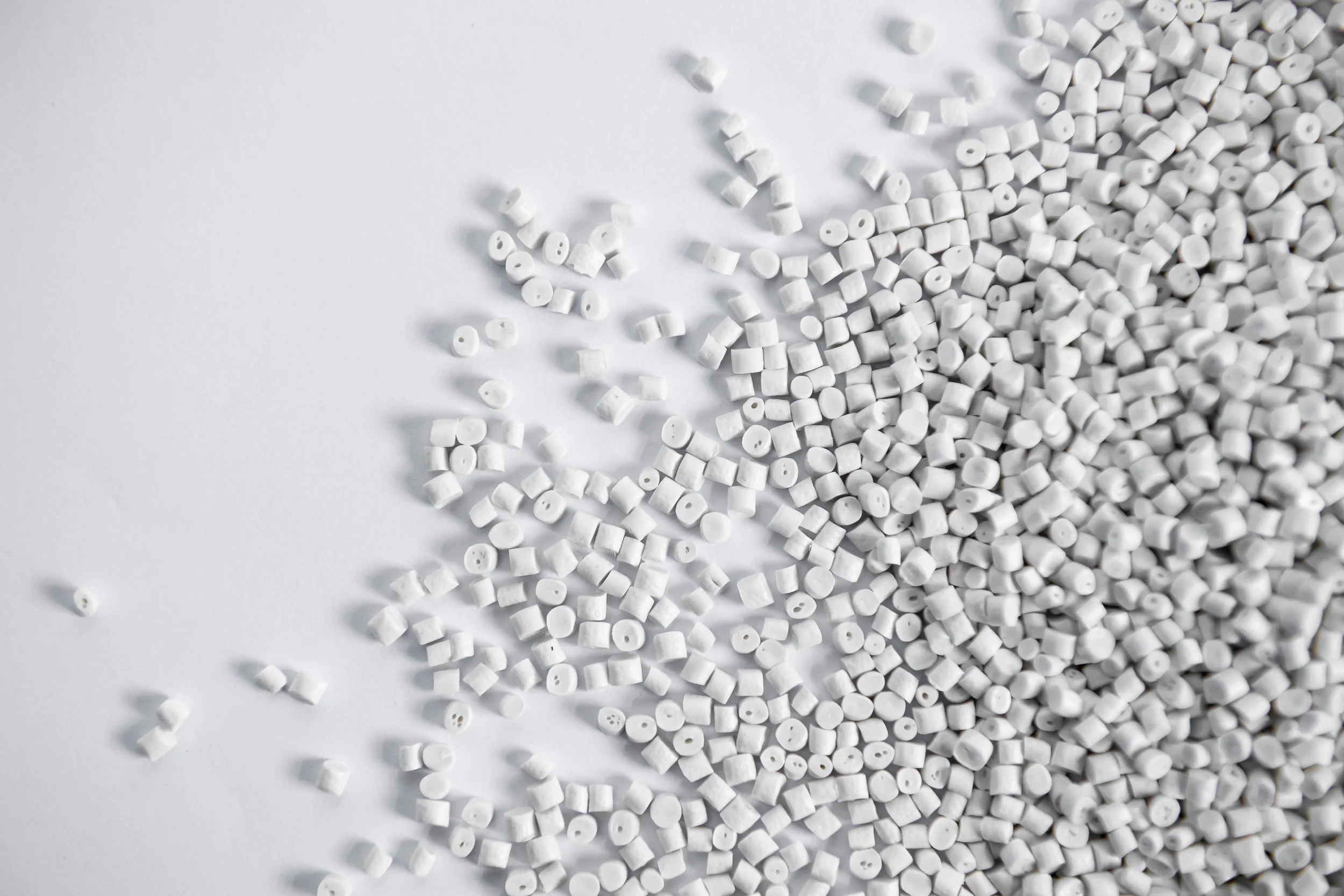
Reduction in global plastic use
There has been a shift in attitudes regarding the use of plastic since the 1960’s, with many countries and businesses beginning to ban or phase out the use of single-use plastic bags and straws. Of course, these are all positive steps towards a more sustainable, wildlife-friendly world, however there is still much work that needs to be done to ensure we are having the smallest impact possible.
Reusable alternatives
We might already try to cut down on our plastic use in some ways – such as opting against using plastic straws at a bar or refusing a plastic bag at the supermarket – but attempting to minimise our waste goes beyond limiting our plastic use, and more steps can always be taken to reduce the waste we accumulate in our lives.
Reusable alternatives are a great way to enjoy quality products without the damage that comes from single-use plastic items. Below are a number of ways we can avoid plastic in our day-to-day lives. The best way to begin investing in reusable products is to introduce them little by little, swapping plastic products each day for a kinder alternative instead. Living under a system that dictates what we buy and where we buy it, trying to eradicate our personal waste as much as possible is one of the best things we can do to help our planet.
Shopping bags and
produce bags
Marine animals often mistake plastic shopping bags for food, making it one of the worst marine life killers that currently exist. Plastic wraps, such as those on our fruits & vegetables, blow easily into the ocean and can cause blockages in their stomachs. If you are in a store and have forgotten your bags, opting for paper carry bags (often in the mushroom section) and asking a store member for an empty cardboard box is a much kinder alternative to avoid our precious marine life from being harmed.
While many of us have learnt to bring our own bags to the grocery store, many still find themselves unprepared and have to resort to using single-use plastic bags to store their items. If you find you are one of these people, keeping lightweight bags in your everyday carry bag will ensure you always have a shopping bag when you need one. Good quality produce bags are also worth purchasing to store your fruit and vegetables safely and to avoid buying them in pre-packaged plastics.
Food & drink packaging
Plastic takeaway containers injure and contaminate fish, turtles and seabirds who eat them as they are known to break down into sharp pieces as they decompose. Switching to reusable alternatives when we make our daily meals can help save their lives. Buying a reusable water bottle, hard plastic or steel containers for lunches, packing a spare pair of steel utensils, and a reusable mug for teas and coffees is just a few of the many simple changes we can make to not produce so much waste through our eating habits.
A step further to this can be to avoid food packaging waste altogether by practising self-sufficiency in our food making. This includes tending to our own vegetable garden, or making our own condiments at home instead of buying them at the grocery store. Foods such as mayonnaise, butter, yoghurt, nut butters, jams, sauces and even nut milks are all easy things to make at home instead of buying in single-use plastics at the store. There are endless recipes online to assist you in this process, and the end result will leave you with much less plastic and more bulk, delicious, and homemade goodness.
Personal care products
The bathroom is responsible for large volumes of plastic waste, with shampoos, gels, creams, moisturisers and make-up, as well as various other tubes and plastic bottles containing synthetic polymers. Toothpaste tablets, bamboo toothbrushes, soap bars, shampoo and conditioner bars, and reusable steel razors are all simple switches you can make to avoid stocking up on damaging plastic products.
Feminine hygiene products can take up to 800 years to decompose, and are unfortunately still commonly used despite a plethora of reusable alternatives now available. Menstrual cups, period underwear, and reusable cloth pads are a great replacement to their plastic counterparts, and are also much more cost-friendly and less likely to cause health concerns. Disposable nappies and baby wipes are also made from plastic, and can be replaced by leak-resistant cloth nappies and wipes.
Kitchen products
A helpful hack to minimise plastic waste, is assessing what you buy before purchasing and consider its potential to be wasted. This includes bottled water, disposable cutlery, single wrapped items and poorly made products. Reusable kitchen products that can help protect our oceans are bamboo dish brushes, using an old cloth or ripped t-shirt to wash dishes, silicone baking mats, compostable parchment paper, and soda streams instead of plastic bottles. Natural kitchen cleaners also go a long way, with a combination of vinegar, bi-carb soda, and essential oils working as a wonderful disinfectant to clean kitchen benches, sinks and stoves.

Bioplastics
Bioplastics are biodegradable plant or biological-based replacements to fossil-fuel derived plastics, and will help us transition from plastics that pollute the environment and pose a serious threat to marine species to a kinder and more sustainable alternative. It has been estimated that by 2030, 40% of the plastics industry will be bioplastics. It is important to note that most of the time, bioplastics can only break down or be recycled successfully at a commercial grade composting or recycling facility. So, while these alternatives have the potential to be game changers when it comes to protecting the animals and planet, the best thing we can do to limit our impact on the world is to avoid single-use products altogether.
Hemp
Hemp is a cellulose based plant that has become a growing competitor to regular petroleum-based plastic products. Derived from the cannabis sativa plant, hemp has many plastic uses that range from cellophane, rayon, celluloid and more. The cellulose fibres in the stalks of the plant is what is used to make it into a bioplastic product, and while 100% hemp-based plastic is still a rarity, mixed hemp and plant-sourced plastics are currently being used to replace polluting materials in the construction, design, automobile and fashion industries.
Despite a push for complete hemp products, the technology and funding needed to produce it on a grand scale simply isn’t available yet. The good news is, with countries such as the United States lifting the ban on industrial hemp production, the doors have swung open for researchers to better understand using this incredibly versatile material.
The benefits of hemp as a bioplastic includes that it is a recyclable material, and even if not recycled, it can biodegrade within three to six months. It is non-toxic if grown without pesticides, and it is not associated with any fossil fuels during production or any CO2 emissions as it decomposes. This benefits our wildlife, as hemp’s ability to decompose quickly will mean marine animals are less likely to consume it, and its non-toxic decomposition will be less damaging to their health if they do. Hemp is also known to be lighter and 2.5x stronger than its polypropylene counterparts, and can assist in remediating the soil if broken down correctly, thus benefiting our environment rather than destroying it.
Unfortunately, an attempt to match the volume demand for plastic with hemp would put a large part of Earth’s biodiversity at risk, so it is not viable for hemp to completely replace oil-based plastics any time soon. Despite this, given the ability of hemp plastics, resins, or biocomposites to be moulded in any shape, it has the potential to replicate the majority of plastic uses in the future.
Mycelium
Neither plant nor animal, mushrooms - or more specifically, their roots, known as ‘mycelium’ - is one of the fastest growing alternatives to plastic that we will likely start seeing more of in the near future.
Mycelium is the root-like structure of mushrooms that enables plants to communicate with one another and exchange nutrients. It is the most prolific recycler in nature, and through its ability to break down toxins - such as plastic or oil - it can turn them into available nourishment that helps other living organisms survive. Taking only seven days to grow and around 40 days to biodegrade, the fast growing branches, or filaments, of mycelium is what makes it an efficient packaging and recycling solution.
The process of turning mycelium into sustainable packaging is a simple one. First, natural crop fibres that are of no further use to regional farmers, such as corn husks and hemp, are upcycled. Within a week, the mycelium will naturally break down these fibres and form a web of thread-like filaments that can be then shaped into various types of product packaging. Both lightweight, durable, and resistant to fire and moisture, the final product is fully biodegradable, recyclable and compostable.
Being a fantastic alternative to plastic foams such as polystyrene - which breakdowns into microblends that harm wild animals and marine life, and uses a significant amount of energy to produce - mycelium instead breaks down into beneficial nutrients for the soil. It is clear that mushrooms will be the future of sustainable packaging solutions.
Join the Wildlife Protection Commitment
For socially responsible brands, businesses and institutions looking to reduce their impact on native wildlife.









